Feeding Dry Food Prevents Dental Disease
I can't tell you how many times I have commented on a pet's dental disease and advised a cleaning only to have the owner (surprised) respond with "but I only feed him dry food." First of all, I don't really understand how they don't notice the green, rotting teeth and pus dripping from their dog's gums. But the idea that feeding a dog only dry kibble will prevent dental disease is false. Generally speaking. The answer of course, is a little more complex.
Dry food really does not do anything to
prevent plaque or tartar build-up. Canned food does not
cause plaque and tartar build up.
But, canned food leaves much more residue on the teeth than does dry food and
may allow the teeth to become dirtier faster than dry food. (So basically that 12 year old toy poodle whose teeth never get any attention is going to have nasty teeth no matter what. They just may get nasty a year sooner on canned food.) There are not a lot of studies out there to quantify how much of a difference this makes but I would tend to believe the breed/size of dog you have has a far greater impact than whether or not it eats canned food. The exception to the rule about dry food are the foods approved by the
Veterinary Oral Health Council. These foods have been shown to reduce plaque and/or tartar build up. However, they are not a complete substitute for brushing, nor will they eliminate the need for professional cleaning.
So, back to surprised owner. Once I ruin their day by telling them that feeding dry food won't prevent dental disease, they usually want to know what can. First, they need a professional cleaning Then they need to start home care! Daily brushing is the gold standard but other products can help in addition to brushing. You can use these products as an alternative to brushing but they don't do as good a job as brushing does. A list of VOHC approved products can be found
here. It's best to choose one approved for plaque or plaque and tartar vs just tartar because plaque is what causes periodontal disease and gingivitis. Another thing people tend to find surprising is when they come in for an exam and are told their pet needs
another cleaning. I often get a surprised and disappointed "but we had them cleaned last year or X number of years ago." I usually point out that even though we (hopefully) brush our teeth multiple times a day, floss and use mouthwash we still get our teeth cleaned every 6 months. Dogs are not all that different.
Dogs are however, different from each other. Small breeds tend to have way more dental disease than large breeds. There are exceptions to every rule, but by and large that is the trend. I have seen toy breed dogs with severe dental disease by just a a few years of age, whereas a large breed may never have significant disease. I am warning you now-do not get a toy breed dog if you are not willing to invest time and money in dental care. I see so many owners who do not heed the warnings about home care, don't get the cleaning done early when the gingivitis is reversible and the cost reasonable and then allow their pet to suffer because they can't or won't spend the money to fix it.
So basically if you want to feed your dog canned food it's ok. But no matter what you feed be prepared to care for your pet's teeth at home and allow veterinary care as needed.
And another note about VOHC products. The VOHC seal of approval is something the maker of the product seeks voluntarily. So there may be other products out there than do have a measurable impact on dental disease, we just don't know about if they have never applied for approval. Also, the application process is confidential, so there may some products that applied and failed that we also don't know about.



.JPG)
.JPG)
.JPG)
.JPG)
.JPG)
.JPG)
.JPG)
.JPG)
.JPG)
.jpg)
.jpg)
.jpg)
.jpg)
.jpg)
.jpg)
.jpg)
.jpg)
.jpg)
.jpg)
.JPG)
.JPG)
.JPG)
.JPG)
.JPG)
.JPG)

.jpg)
.jpg)
.JPG)
.JPG)
.jpg)
.jpg)
.jpg)
.jpg)
.jpg)
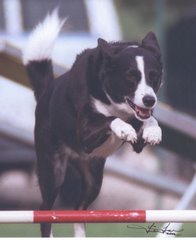
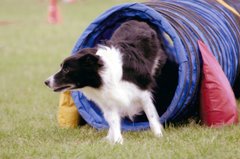
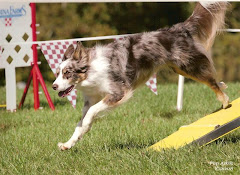.jpg)
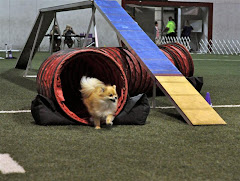.jpg)



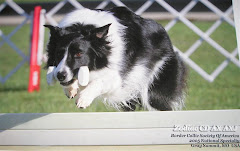.jpg)


